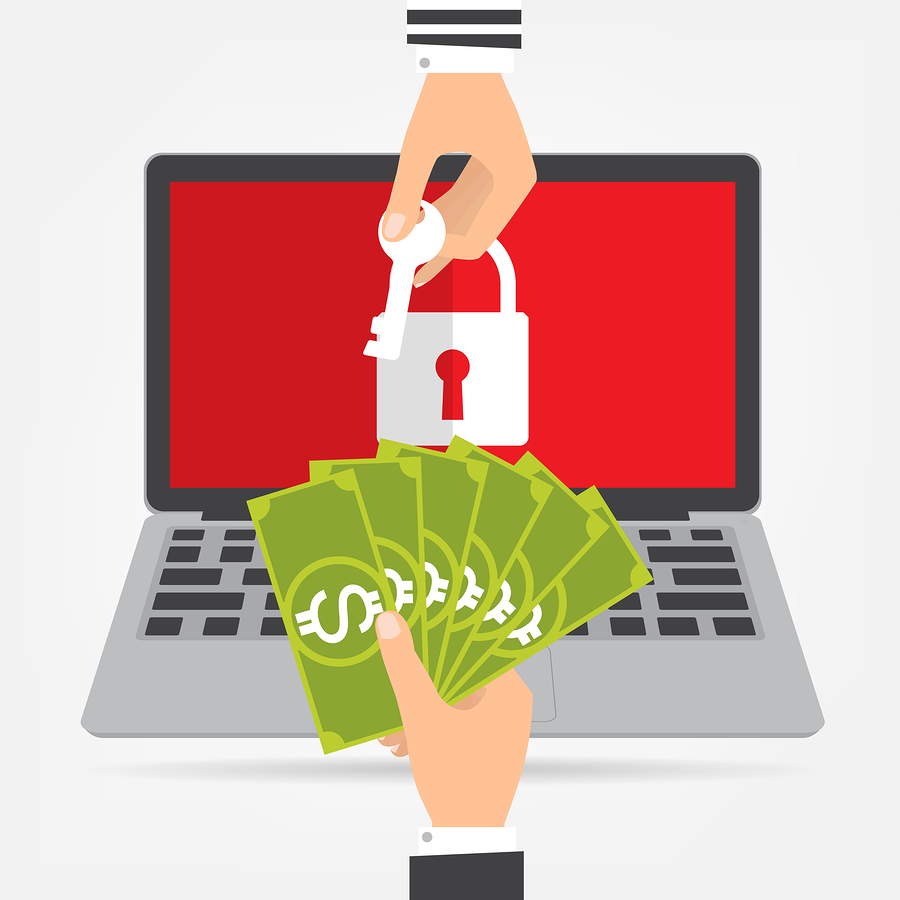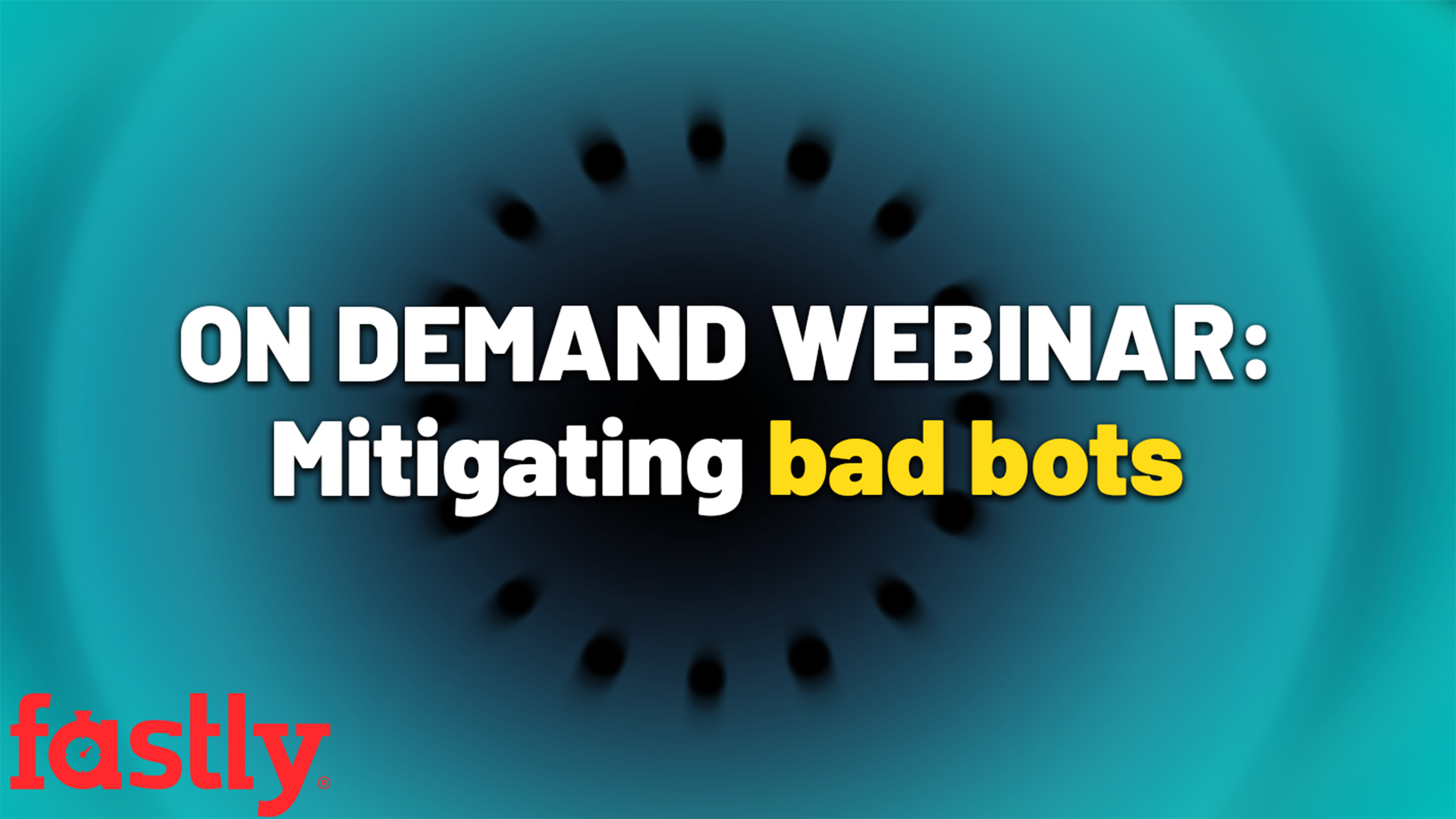Ransomware in reality: people pay
In real life, noble intentions give way to business truths


Everyone knows the mantra: if you're infected with ransomware, don't pay up as it just encourages more attacks.
By paying the attacker, the theory goes, you're proving that their method of extortion works that they will make money (potentially a lot of it) by holding data hostage.
However, at this year's RSA Conference, there's been a shift in tone within the security community. While nobody is outright advising businesses, or individuals, to pay up, they are acknowledging that many companies that fall victim to a ransomware attack do just that. Indeed, a survey by IBM towards the end of 2016 showed around 70% of companies affected by ransomware have paid to get data back, with payouts reaching the $1 billion mark that year.
Why businesses pay
There's one strong business imperative to pay ransomware: it's less expensive to cough up than it is to hold out against the attackers.
"You may say 'look, we have a business principle here, we're not going to pay the bad guys'. But if you're confronted with the business reality of paying the bad guys a few Bitcoins versus being offline or losing millions of dollars worth of data, your business principle might give way to the business reality of having to pay the ransom," said Ed Skoudis, an instructor at the SANS Institute, during a panel titled The Seven Most Dangerous New Attack Techniques.
Marcin Kleczynski, CEO of Malwarebytes, gave the example not of crypto ransomware, but of a DDoS-based ransom attack, where a business is taken offline until a ransom is paid.
Sign up today and you will receive a free copy of our Future Focus 2025 report - the leading guidance on AI, cybersecurity and other IT challenges as per 700+ senior executives
Speaking to IT Pro, he said: "Imagine a botnet being pointed at an airline's ticketing website, which produces tens-of-millions of dollars in revenue per hour. I [as the botnet controller] say 'this will continue unless you pay me $1 million now."
"$1 million is much less than the $10 million it makes per hour, so why not extort that kind of money?"
Indeed, having a backup and recovery system in place is no guarantee that a company won't pay the ransom, even though in theory it should negate the need to do so.
Jeremiah Grossman, chief of security strategy at SentinelOne, told IT Pro: "What we find in [our] research, of those who pay the ransom around 50% actually have backups. So the backups aren't a panacea.
"What happens is, say you have the backups but the bad guys have encrypted 1,000 of your machines. IT says 'yeah, we'll recover, no problem in a week'."
If the ransom is only $50,000, Grossman said, then they "write the cheque", as it's more expedient and quite possibly cheaper.
Ransomware, consumers and the IoT
For businesses that do end up hit by ransomware, there is at least some consolation in the form of cyber insurance an industry that's currently raking in an estimated $3 billion in the US alone as well as access to sophisticated defensive tools and backup and recovery.
For consumers, the situation is a little more bleak.
"[They're] going to get left out for a while," said Grossman. "There's nothing out there for the consumer yet. It's going to be unfortunate while the enterprise can leverage cyber insurance, crisis management teams to negotiate, high-end, really next-gen antivirus, there's no equivalent for the home user. They're really going to be on their own and that's really going to be pretty nasty."
As well as being nasty, it could also be a very expensive experience. While now it may be a consumer's computer or phone held to ransom, with the IoT the potential targets will expand dramatically. What's more, consumers may be left with no option but to give into the cyber criminals' demands.
"If ransomware were to reconfigure or encrypt the control architecture of Internet of Things devices, we have a big problem," said Skoudis.
"What would you pay to turn your lights back on? What would you pay to turn your heat back on? Or your car you want to drive your car to work today? You're going to have to pay ransomware for that."

Jane McCallion is Managing Editor of ITPro and ChannelPro, specializing in data centers, enterprise IT infrastructure, and cybersecurity. Before becoming Managing Editor, she held the role of Deputy Editor and, prior to that, Features Editor, managing a pool of freelance and internal writers, while continuing to specialize in enterprise IT infrastructure, and business strategy.
Prior to joining ITPro, Jane was a freelance business journalist writing as both Jane McCallion and Jane Bordenave for titles such as European CEO, World Finance, and Business Excellence Magazine.
-
 Mitigating bad bots
Mitigating bad botsSponsored Podcast Web crawlers pose an immediate business risk, necessitating immediate action from IT leaders
-
 Thousands of Microsoft Teams users are being targeted in a new phishing campaign
Thousands of Microsoft Teams users are being targeted in a new phishing campaignNews Microsoft Teams users should be on the alert, according to researchers at Check Point
-
 There’s a dangerous new ransomware variant on the block – and cyber experts warn it’s flying under the radar
There’s a dangerous new ransomware variant on the block – and cyber experts warn it’s flying under the radarNews The new DeadLock ransomware family is taking off in the wild, researchers warn
-
 Hacker offering US engineering firm data online after alleged breach
Hacker offering US engineering firm data online after alleged breachNews Data relating to Tampa Electric Company, Duke Energy Florida, and American Electric Power was allegedly stolen
-
 Cybersecurity experts face 20 years in prison following ransomware campaign
Cybersecurity experts face 20 years in prison following ransomware campaignTwo men used their tech expertise to carry out ALPHV BlackCat ransomware attacks
-
 15-year-old revealed as key player in Scattered LAPSUS$ Hunters
15-year-old revealed as key player in Scattered LAPSUS$ HuntersNews 'Rey' says he's trying to leave Scattered LAPSUS$ Hunters and is prepared to cooperate with law enforcement
-
 The Scattered Lapsus$ Hunters group is targeting Zendesk customers – here’s what you need to know
The Scattered Lapsus$ Hunters group is targeting Zendesk customers – here’s what you need to knowNews The group appears to be infecting support and help-desk personnel with remote access trojans and other forms of malware
-
 Impact of Asahi cyber attack laid bare as company confirms 1.5 million customers exposed
Impact of Asahi cyber attack laid bare as company confirms 1.5 million customers exposedNews No ransom has been paid, said president and group CEO Atsushi Katsuki, and the company is restoring its systems
-
 The US, UK, and Australia just imposed sanctions on a Russian cyber crime group – 'we are exposing their dark networks and going after those responsible'
The US, UK, and Australia just imposed sanctions on a Russian cyber crime group – 'we are exposing their dark networks and going after those responsible'News Media Land offers 'bulletproof' hosting services used for ransomware and DDoS attacks around the world
-
 A notorious ransomware group is spreading fake Microsoft Teams ads to snare victims
A notorious ransomware group is spreading fake Microsoft Teams ads to snare victimsNews The Rhysida ransomware group is leveraging Trusted Signing from Microsoft to lend plausibility to its activities